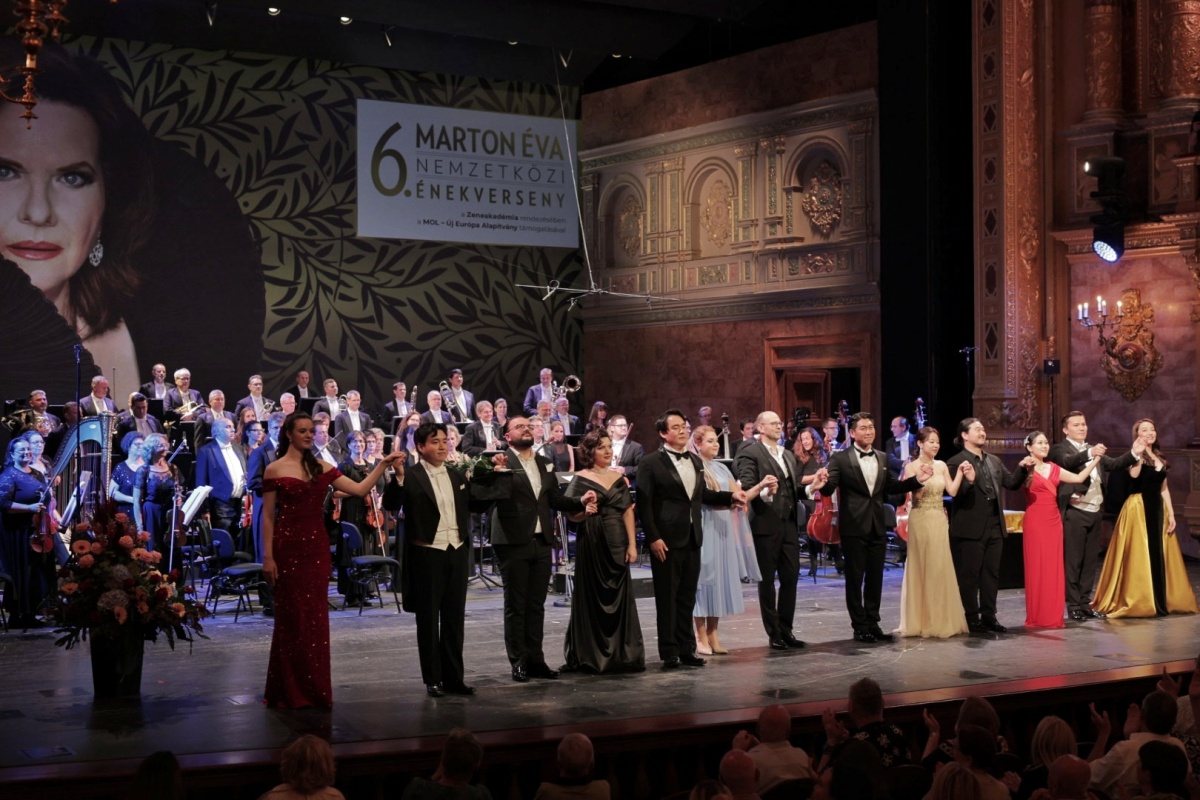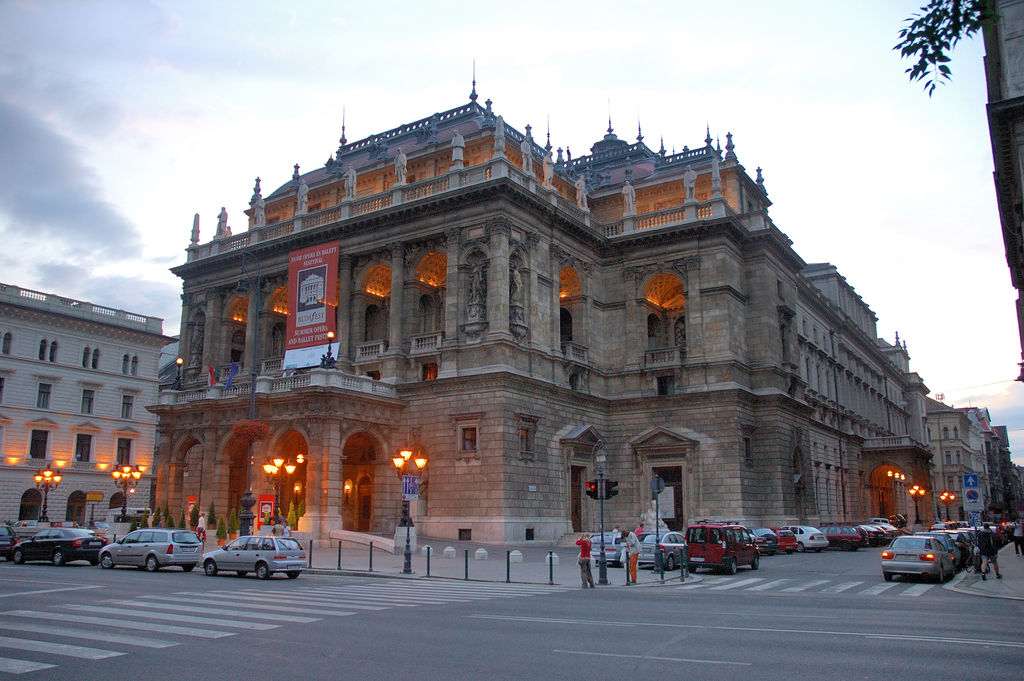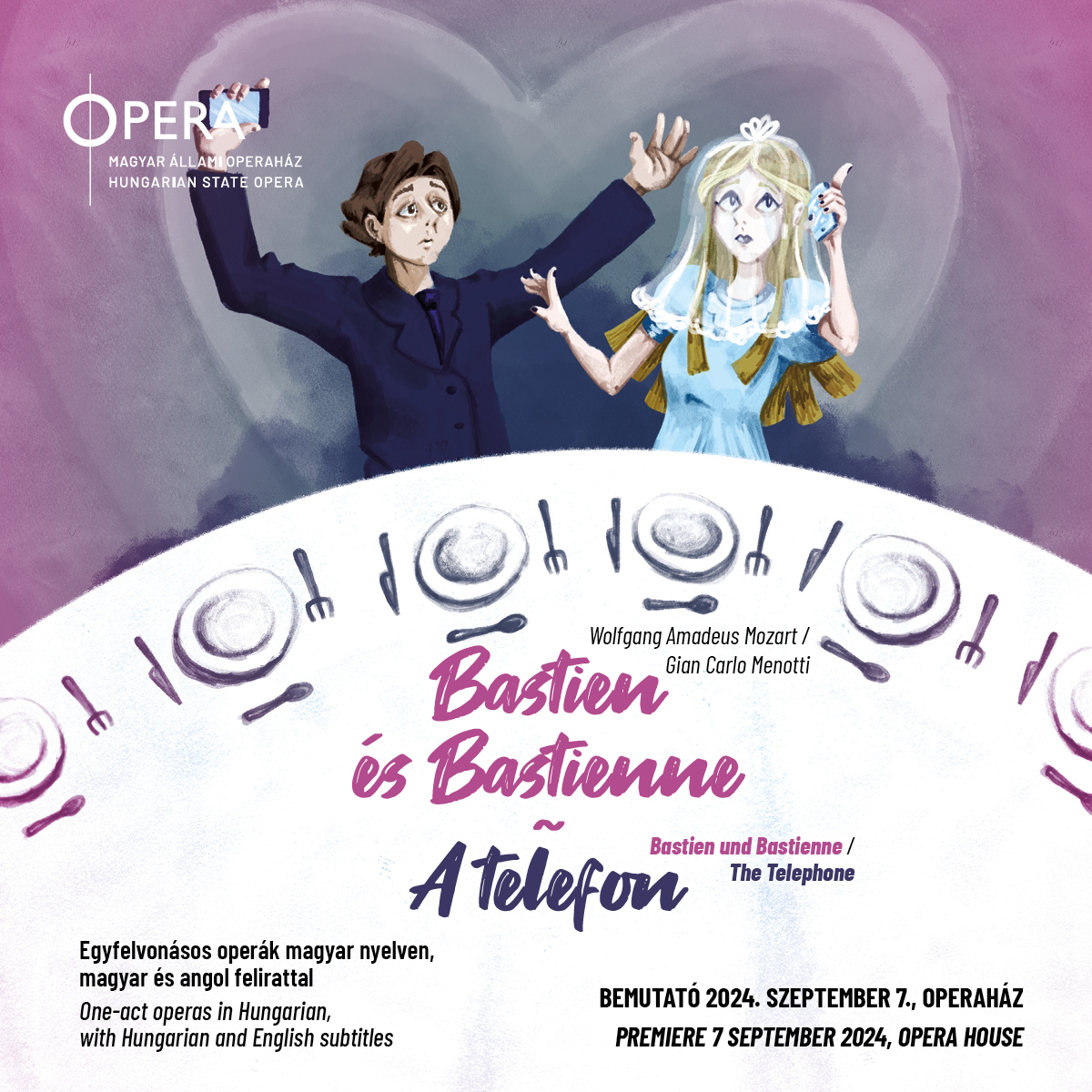
The event offered prizes totaling more than 75,000 euros.Continue reading

The Hungarian State Opera House presents Mozart’s comic opera Bastien und Bastienne, written when the composer was 12, in Budapest, reports Magyar Nemzet. The hilarious love story, which will be performed alongside Menotti’s gothic opera The Telephone, will be part of the institution’s MVM Pikolo program for primary school children from September 7.
Bastienne, the shepherdess, fearing that her partner Bastien will abandon her, turns to Colas, the village fortune-teller, for help. The magician suggests that Bastienne should be indifferent to the boy. Later, Colas greets Bastien, who is about to propose, with the news that Basteinne is already in love with someone else. The stunned boy asks the fortune teller for help, and he does so with a gibberish spell. The couple have a few more twists to face, but the story nevertheless has a happy ending.
Bastien and Bastienne, composed in 1768, was based on Rousseau’s musical comedy Le devin du village (The Village Soothsayer), which was first performed in 1752, and on Justine Favart and Harny de Guerville’s Les Amours de Bastien et Bastienne, a parody of the same play, produced a year later.
Combining the French and German genres, it is Mozart’s third opera and the first in which the composer has used his own voice.
The gibberish lyrics of Colas’s magic story Diggi, daggi, shurry, murry… were written by the composer himself. Mozart’s childhood work was rediscovered in Berlin in 1890, and two years later it was performed by the Hungarian Royal Opera House.
Now, after 130 years, it returns to the repertoire in the form of a youth performance.
The freshness of the new production is ensured by the Opera’s young cast of creators and performers: Andrea Valkai, who joined the institution five years ago, is staging the work. The main roles are played by young singers: Gergely Halász and Lőrinc Kósa in the double cast for the role of Bastienne, Zsuzsanna Kapi and Gabriella Rea Fenyvesi as Bastienne, Boldizsár Zajkás and Ottó Aron Jóhannsson as Colas.
The second half of the MVM Pikolo program features Gian Carlo Menotti’s hilarious one-act opera from 1947, The Telephone. Ben, a young man in love, tries in vain to propose to his girlfriend Lucy, but the ever-ringing telephone interrupts his confession, while he manages to find his heart’s desire by a clever trick. The production has been adapted for the Opera House stage by Andrea Valkai as well.
In the double cast, the lovers are also played by Zsuzsanna Kapi and Gergely Halász, Gabriella Rea Fenyvesi and Lőrinc Kósa, while the title character, the Telephone, is played by Gergely Dargó.

Photo: Facebook/Operaház
Via Magyar Nemzet; Featured image via Wikipedia/PDXdj